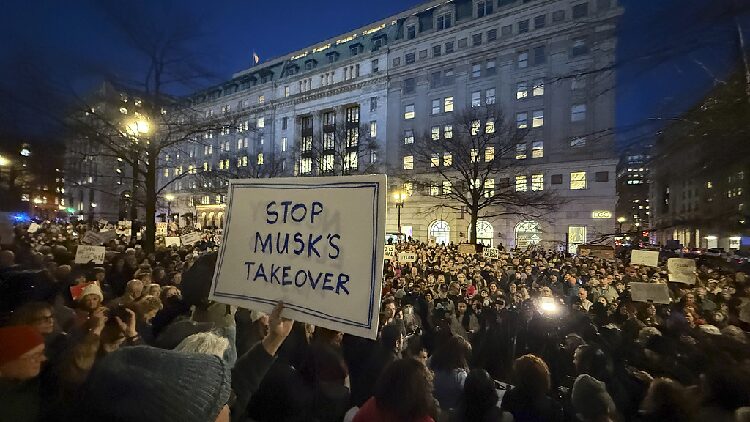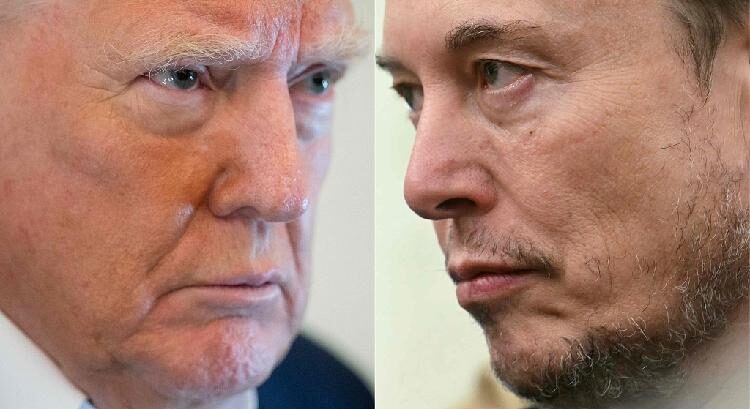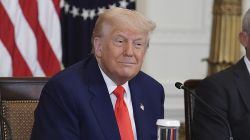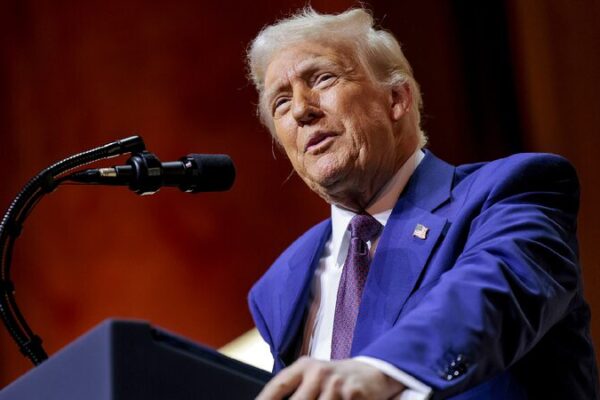New York (February 11, 2023) — In a sudden turn of events, a federal judge has temporarily barred Elon Musk’s Department of Government Efficiency (DOGE) from accessing U.S. Treasury payment systems. The decision, made early Saturday by U.S. District Judge Paul Engelmayer, cites concerns over potential risks of sensitive information being improperly disclosed.
The injunction comes after a coalition of Democratic attorneys general from 19 states filed a lawsuit late Friday. They argue that DOGE lacks the legal authority to access these critical government systems, which process trillions of dollars in payments annually. The lawsuit warns that DOGE’s involvement “poses huge cybersecurity risks that put vast amounts of funding for the States and their residents in peril.”
Musk’s Response
Elon Musk took to his social media platform, X, to express his frustration, calling the judge’s order “absolutely insane!” He clarified that the Treasury Department and DOGE had agreed to add a rationale and categorization code to all outgoing government payments. Musk emphasized that these changes were being implemented by government employees, not DOGE staff.
Concerns Over Government Overreach
State attorneys general have criticized Musk’s team for potentially disrupting federal funding for essential services like health clinics, preschools, and climate initiatives. They expressed fears that sensitive financial information could be used to further political agendas.
Judge Engelmayer stated that the states’ claims were “particularly strong,” granting emergency relief pending a further hearing scheduled for February 14. His order restricts certain officials from accessing Treasury Department payment and data systems and mandates the immediate destruction of any copied or downloaded materials.
DOGE’s Rapid Actions Raise Eyebrows
Since its establishment by an executive order on January 20, DOGE has moved swiftly to identify and eliminate what it deems as government inefficiencies. The team aims to cut $500 billion in annual spending, streamline bureaucracy, and reduce federal agencies.
Just a day after its inception, DOGE eliminated the Executive Committee of Chief Diversity Officers (CDOEC), ending its role in promoting diversity strategies within the government. Soon after, DOGE targeted the United States Agency for International Development (USAID), freezing foreign aid programs and significantly reducing staff.
Musk has labeled some agencies as “inefficient” and accused them of “financial abuse.” These aggressive moves have alarmed Democrats and advocacy groups, who argue that Musk is overstepping his authority by dismantling key government agencies and initiating mass layoffs of federal workers.
Public Outcry and Protests
Protests have erupted nationwide against the freezing of foreign aid and DOGE’s aggressive measures to shrink the government. On Saturday, workers at the U.S. Consumer Finance Protection Bureau demonstrated against what they call an assault on the agency. Concerns are mounting over Musk’s access to federal data and potential conflicts of interest.
Over 20 House Democrats have urged government watchdogs to investigate the potential national security threats posed by DOGE’s actions. Meanwhile, the bureau’s website has been experiencing malfunctions since late Friday, coinciding with Musk’s cryptic post on X that read, “CFPB RIP.”
What’s Next?
The legal battle highlights the tension between Musk’s vision for a more efficient government and the established protocols meant to safeguard sensitive information and public services. As the February 14 hearing approaches, all eyes are on the courtroom to see how this unprecedented clash unfolds.
Reference(s):
U.S. judge blocks Musk's DOGE from accessing Treasury payment systems
cgtn.com








